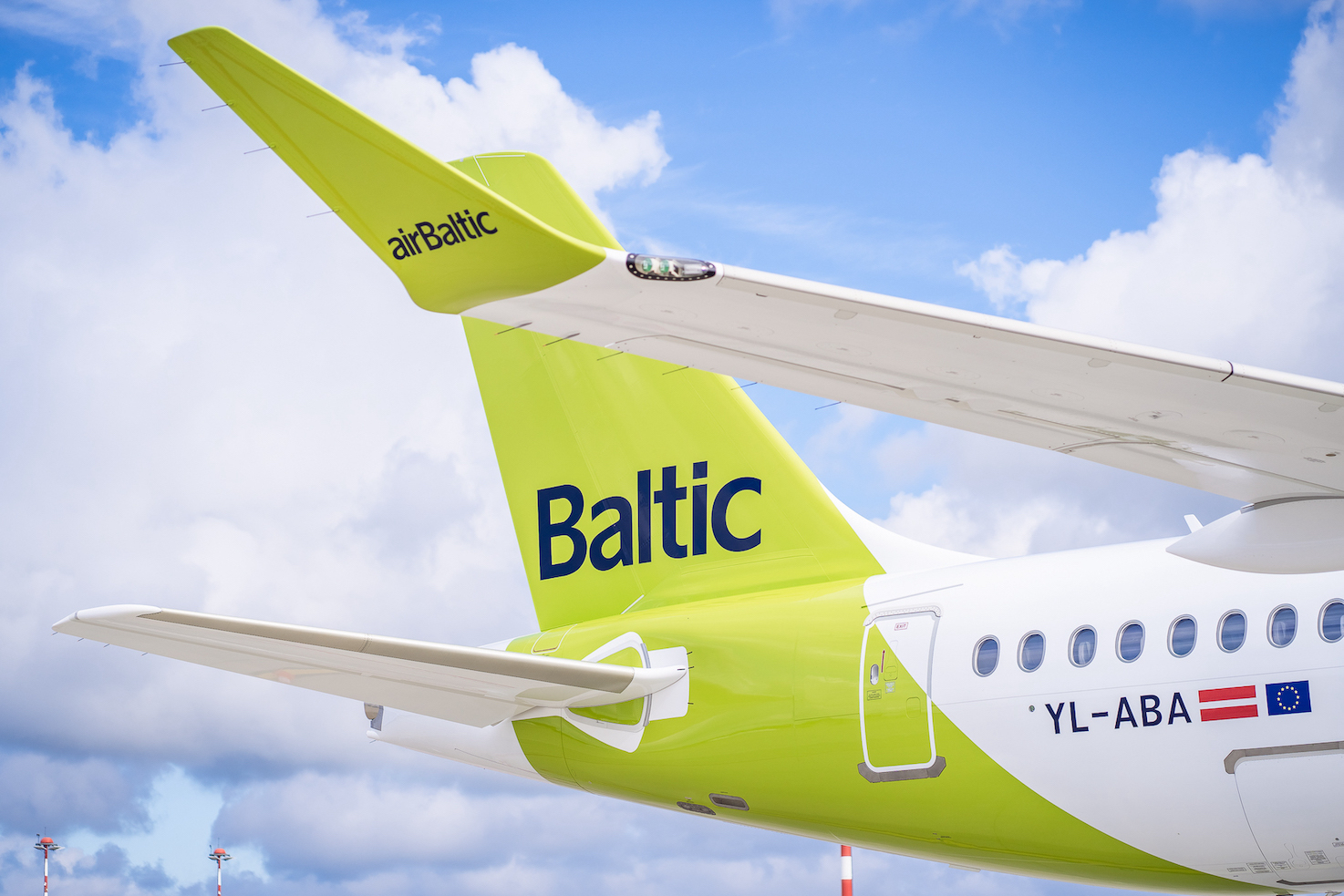Latvian airline airBaltic has reported a net loss of €88.8 million for the first half a year, swinging its €14.6 million net profit in the first half of last year.
Revenues were up 16.5% to €339.3 million, with passenger revenues up 10.7% to €260.2 million. It recorded an adjusted EBITDAR of €76.5 million, up from €55 million a year prior, with an adjusted EBITDA margin of 22.6%.
airBaltic CEO and president Martin Gauss said: ""Despite the positive figures, airBaltic experienced a net loss primarily due to the anticipated Pratt & Whitney engine shortage in 2024, accelerated depreciation costs driven by engines undergoing full interval shop visits ahead of schedule – partially caused by the powdered metal issue – as well as currency depreciation, and one-off costs associated with the early redemption of our previous bond.""
The airline's average aircraft on ground (AOG) in the first quarter of 2024 was three aircraft and six aircraft in the subsequent quarter. It is a significant mark down from its average of 13 AOGs in first quarter 2023 and 11 AOGs in the following quarter.
""It is expected that the airline could face a shortage of engines from Q3 onwards due to shop visits caused by the powder metal defect. The airline is still in negotiations with P&W regarding the commercial support levels for Q1 and Q2 of 2024,"" the airline said.
Fuel costs ""remain the largest cost item"" in the second quarter and around 1% higher in the first half of the year when compared to the same period last year. The airline has hedged around 20% of its total expected fuel consumption for the year. It plans to hedge 30-50% of its aviation fuel exposure for the 18 months ahead.
The airline carried 2.2 million passengers during the period, up from 2 million in the first half of 2023. Its capacity, measured in available seat kilometres (ASK), was up 15.8%. Its revenue per available seat kilometre (RASK) was down 3.2%, while its cost per available seat kilometre (CASK) was up 13.5%. Yields were down 5.6%. Its load factor in the first half was 76.9%, up from 74.5% last year.
Around €8.6 million in operating free cash flow was generated in the period, up from its negative €26.7 million last year.
The airline said in its report: ""[The] key contributor was the change of net working capital of €16.5 million in H1 2024 compared to a negative change of net working capital of €19.9 million in H1 2023. The net working capital improved in H1 2024 largely due to the airline having significantly fewer ACMI-in aircraft to cover AOGs compared to last year and therefore, the ACMI-in prepayments were significantly lower than last year.""
airBaltic expects its net cash capital expenditures to increase by approximately €50 million in the second half of the year.
As of the end of the period, its net debt was at €1.1bn. It held €105.3 million in cash and cash equivalents at the end of the first half of the year - up from €29.1 million at the beginning.
The airline had 47 aircraft in its fleet at the end of June. It also placed an order for 10 additional A220s with Airbus on August 13, 2024, bringing its total order up to 90 aircraft.
Engines issues, fuel costs weigh on airBaltic results, reports net losses for first half 2024

